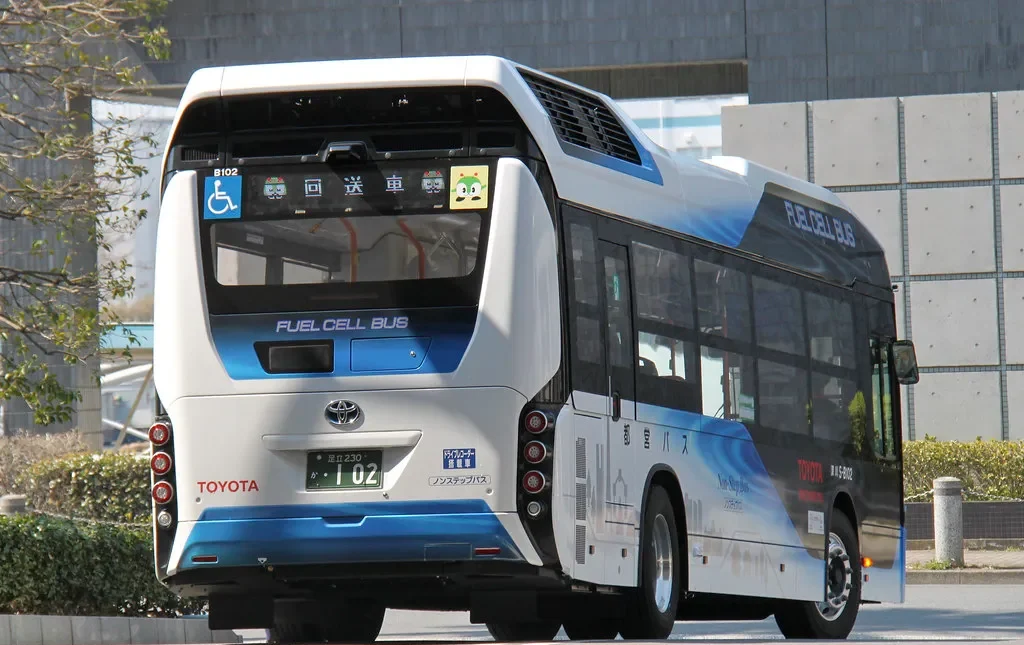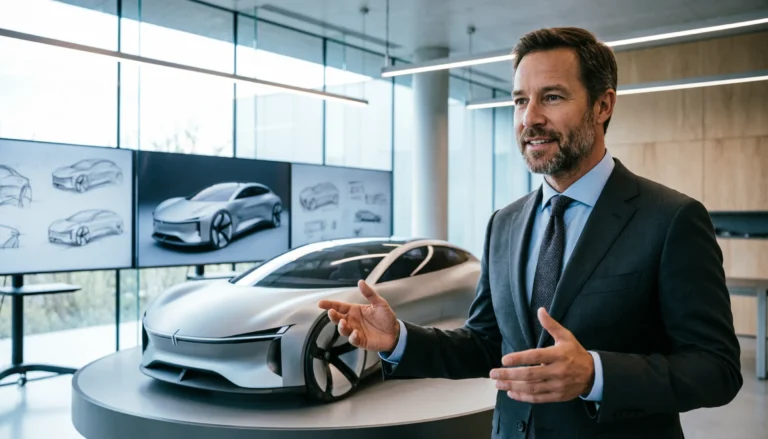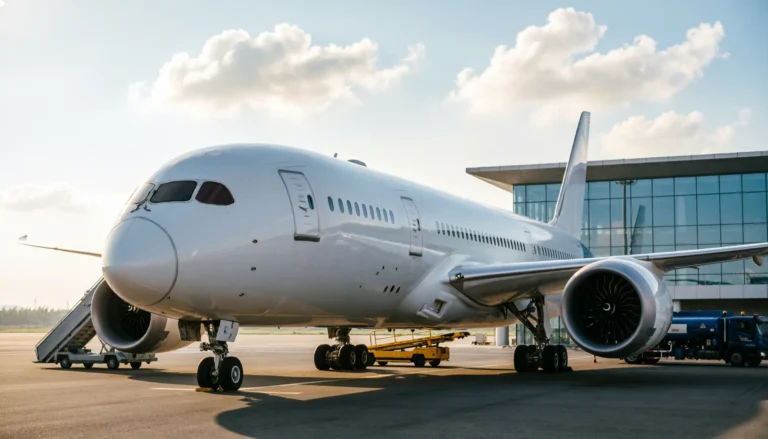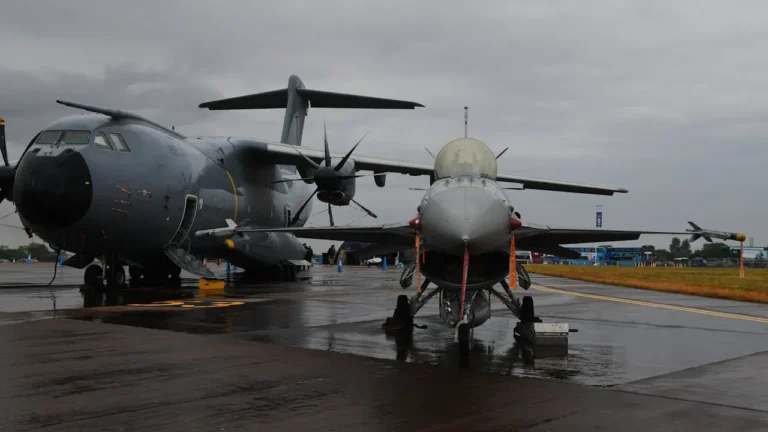
Isuzu and Toyota Announce Joint Development of Next-Generation Fuel Cell Route Bus
Isuzu Motors Limited and Toyota Motor Corporation have formally announced a partnership to co-develop next-generation fuel cell (FC) route buses aimed at accelerating the transition toward carbon neutrality in public transportation. Under this collaboration, production is expected to begin during fiscal year 2026, which spans from April 2026 through March 2027. Manufacturing will take place at the Utsunomiya Plant located in Tochigi Prefecture, operated by J-Bus, Ltd. (J-Bus), a joint venture equally owned by Isuzu and Hino Motors, Ltd. (Hino).
A Platform Combining Expertise
The new bus will be built on a flat-floor battery electric vehicle (BEV) route bus platform that Isuzu planned, developed, and designed. The platform, first introduced in fiscal year 2024 by Isuzu and Hino as part of their long-standing cooperation in the bus sector since 2002, will serve as the foundation for the project. Production responsibility lies with J-Bus, which already has extensive experience in commercial bus manufacturing.
What distinguishes this upcoming bus is the integration of Toyota’s advanced fuel cell system. Toyota has accumulated years of expertise in hydrogen fuel cell technology through the development of passenger vehicles such as the Toyota Mirai and its participation in fuel cell truck projects. By combining Isuzu’s proven bus platform with Toyota’s FC system, the companies aim to create a vehicle that not only delivers strong performance and reliability but also meets the growing demand for zero-emission transportation.
Cost Efficiency and Standardization
A major goal of this initiative is to reduce the cost of fuel cell electric vehicles (FCEVs), which have historically been more expensive than battery electric alternatives. Isuzu and Toyota intend to achieve this by standardizing parts between BEVs and FCEVs wherever possible. Such standardization will help streamline production, improve supply chain efficiency, and ultimately lower purchase and operating costs for transport operators and municipalities.
By focusing on both cost reduction and performance, the two companies aim to make fuel cell buses a practical and appealing option for cities and transport providers working toward sustainability targets. This effort aligns with Japan’s broader strategy to accelerate the adoption of hydrogen-based solutions in commercial transportation.
Expanding Zero-Emission Options
For Isuzu, the introduction of a next-generation FC route bus marks an expansion of its zero-emission vehicle lineup. The company has already been engaged in commercializing battery electric buses and now sees fuel cell buses as a complementary technology. Hydrogen fuel cells, compared to batteries, offer faster refueling times and longer ranges, making them particularly suitable for routes where buses operate continuously and have little downtime.
Toyota, for its part, continues to emphasize hydrogen as a crucial energy source for achieving a carbon-neutral society. The automaker has been actively involved in the full value chain of hydrogen, from production and transportation to storage and utilization. Its collaborations span multiple industries, including energy providers, infrastructure companies, and other mobility players. By applying its fuel cell expertise to the bus sector in partnership with Isuzu, Toyota is extending its hydrogen vision into another critical area of public mobility.
Working with Local Governments and Businesses
Beyond product development, Isuzu and Toyota plan to collaborate closely with local governments, businesses, and communities across Japan to promote the deployment of next-generation FC buses. These efforts are particularly focused on regions identified by Japan’s Ministry of Economy, Trade and Industry (METI). In May 2025, METI designated several “Priority Regions for Promoting the Deployment of Fuel-Cell Commercial Vehicles,” underscoring the government’s commitment to expanding hydrogen-based solutions in the transport sector.
By aligning with these regional initiatives, the two automakers aim to ensure that the rollout of fuel cell buses is accompanied by supportive infrastructure, such as hydrogen refueling stations. This comprehensive approach is intended to help local communities reduce their carbon footprint while providing reliable and environmentally friendly public transit options.
Toward a Carbon-Neutral Future
The announcement of this joint project reflects a broader shift in the automotive industry toward collaboration as a way to tackle the urgent challenge of climate change. Neither Isuzu nor Toyota is approaching this initiative as a standalone project; rather, it represents part of a global movement to diversify technologies, reduce greenhouse gas emissions, and build sustainable transport ecosystems.
Fuel cell buses, with their combination of zero tailpipe emissions, suitability for heavy-duty operations, and compatibility with renewable hydrogen, are expected to play a vital role in decarbonizing public transportation. As production begins in 2026, the partnership between Isuzu and Toyota has the potential to reshape Japan’s urban mobility landscape and serve as a model for other countries seeking to introduce hydrogen-powered buses.
In summary, the collaboration between Isuzu and Toyota to develop the next-generation FC route bus is more than just a technological project—it is a strategic step toward realizing a carbon-neutral future. With Isuzu’s expertise in commercial vehicles, Toyota’s leadership in hydrogen technologies, and support from local governments and industry partners, the initiative promises to deliver sustainable solutions that meet the evolving needs of both operators and passengers.




